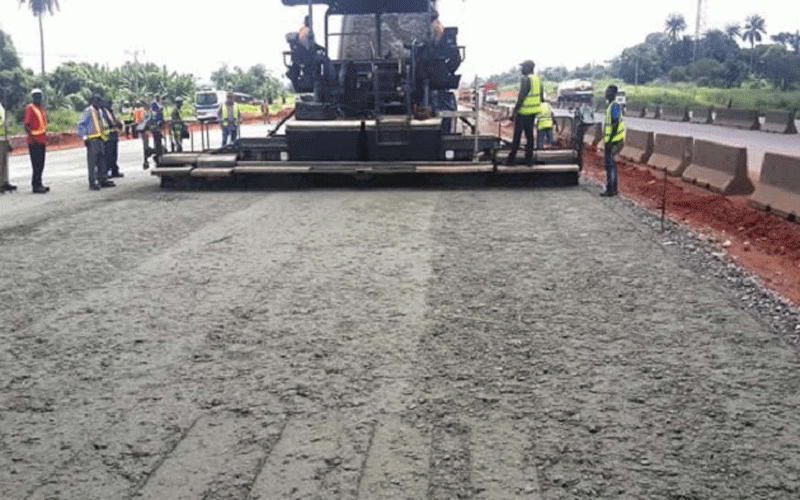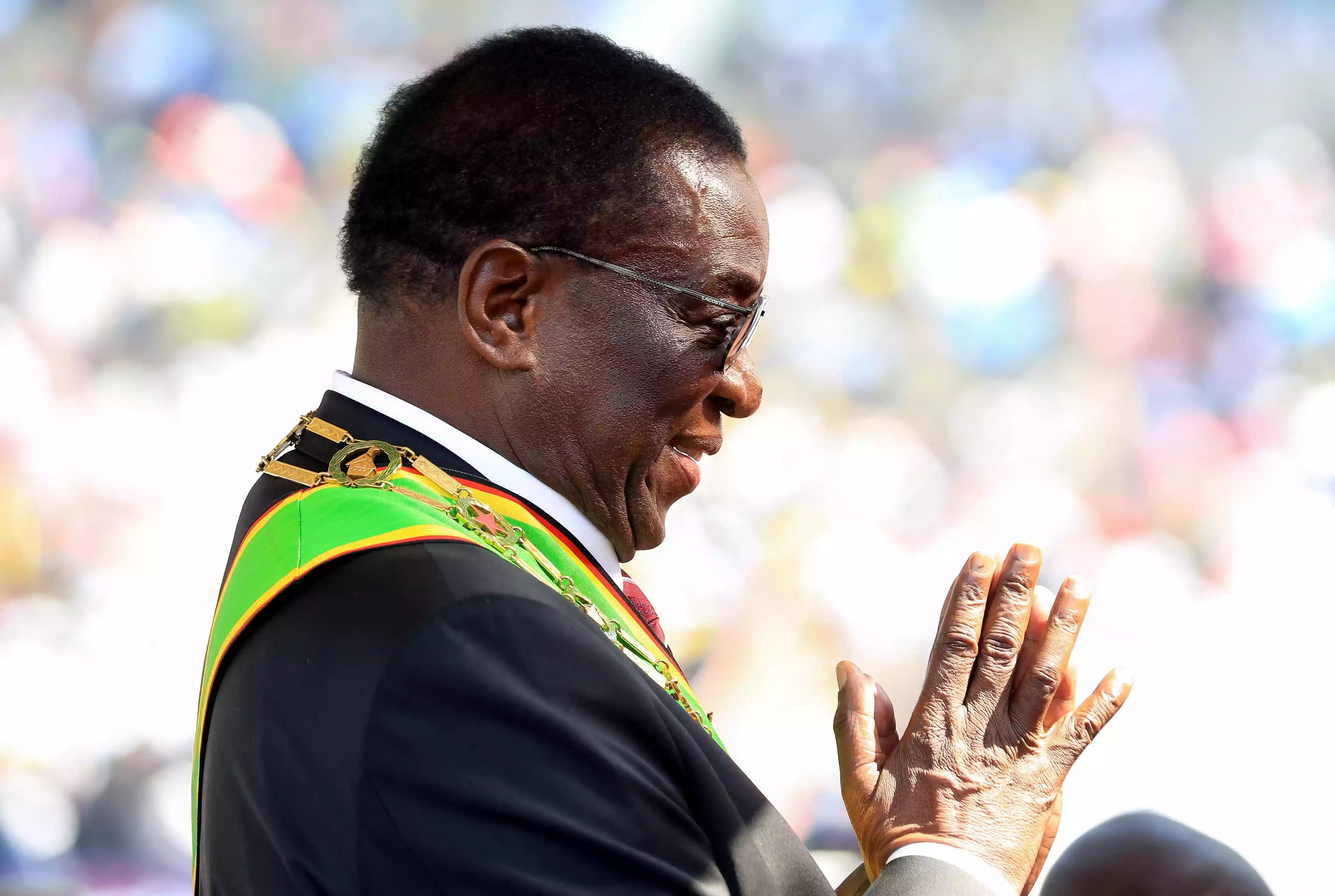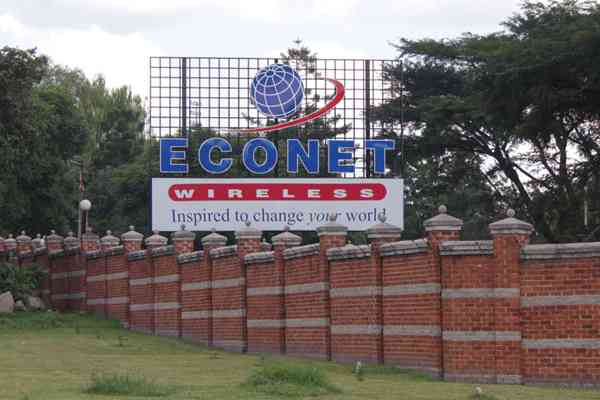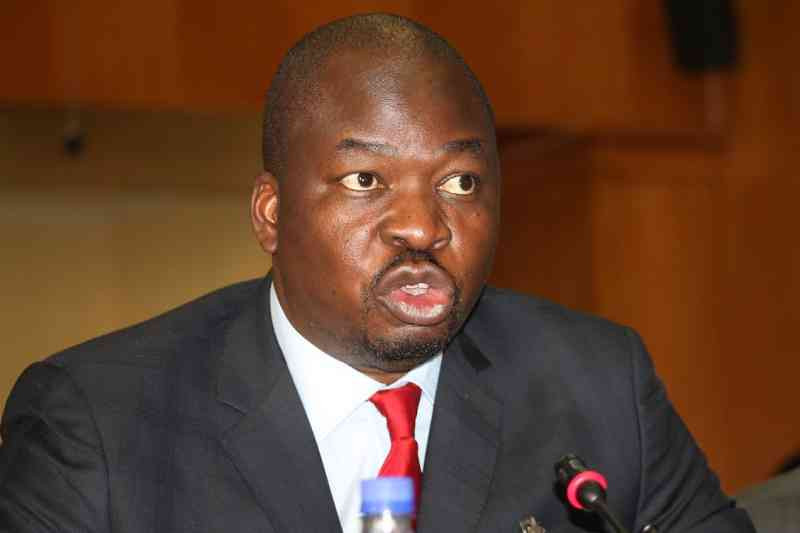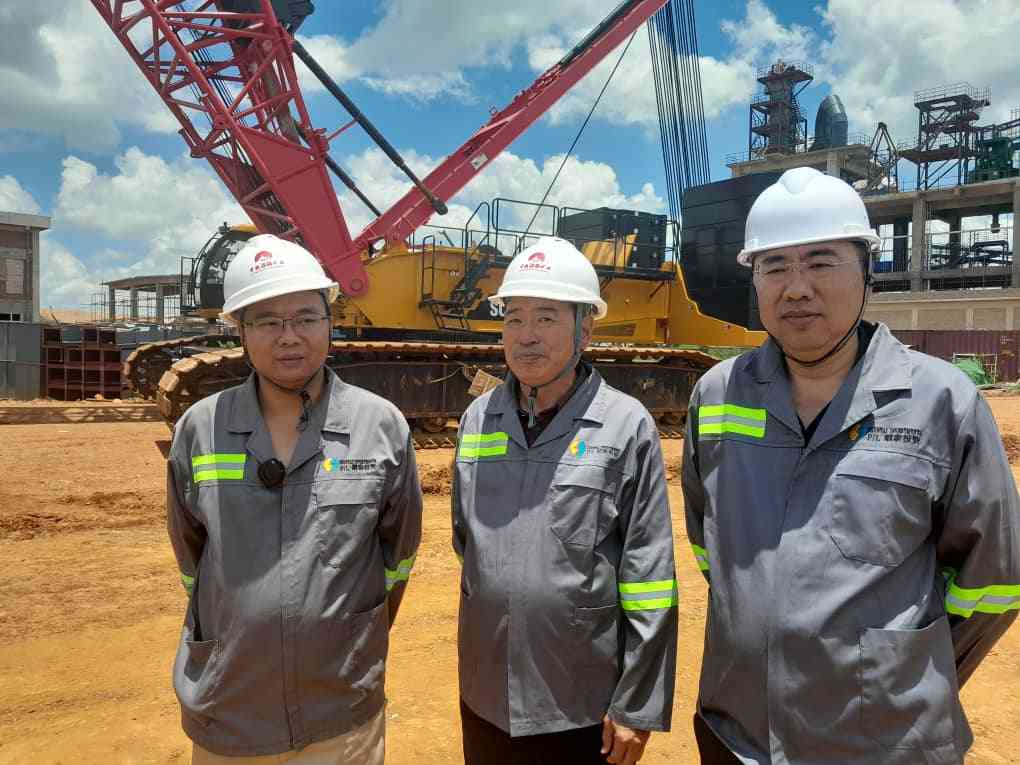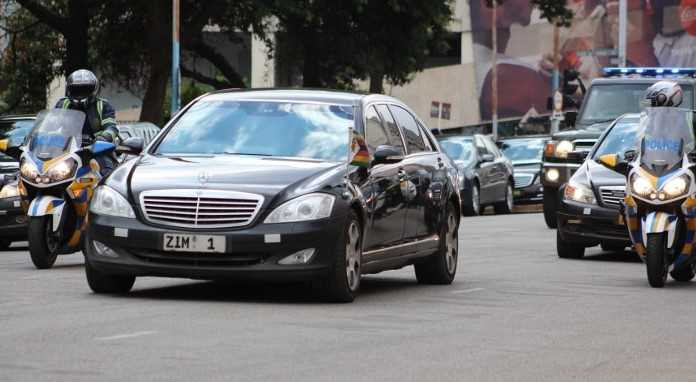
IT often feels the current administration, led by President Emmerson Mnangagwa, has a singular, overwhelming obsession: the procurement of luxury cars.
This fixation seems to be a core part of its governance, repeated time and again while more pressing national issues are left to languish.
The government has spent millions of scarce United States dollars on vehicles, a pattern that is not just excessive, but deeply irresponsible given the state of our nation.
The evidence of this obsession is everywhere you look. The President’s own motorcade parades expensive models, a display of grandeur that feels out of touch.
This extravagance has been extended across the government; ministers, deputy ministers, directors, and MPs are all being gifted large, imported vehicles. Traditional chiefs are also driving expensive cars.
The fundamental problem with this spending is twofold. Firstly, these cars are imported.
This means millions of desperately needed dollars are flowing out of the country to buy what are essentially consumptive products, offering no long term benefit to the local economy.
Secondly, a new car is a depreciating asset; its value begins to drop the moment it hits the road. So, we are effectively burning foreign currency on assets that are instantly losing worth.
- Mr President, you missed the opportunity to be the veritable voice of conscience
- ED to commission new-look border post
- Zanu PF ready for congress
- EU slams Zim over delayed reforms
Keep Reading
Instead of spending this money on consumptive imports, the government should be strategically investing in the productive sectors of our economy. Imagine if these millions were used to support local manufacturing, to boost agriculture, or to fund renewable energy projects.
These are investments that create sustainable jobs, generate more revenue, and build a foundation for real, long term prosperity.
A perfect example lies in the very product they are so obsessed with: cars. Instead of endlessly importing finished vehicles, the government should be using its purchasing power to facilitate and incentivise the setting up of local car assembly plants.
Such a move would create thousands of skilled jobs, transfer valuable technical knowledge to our people, and keep a significant portion of the money within the Zimbabwean economy.
The demand for government vehicles alone could be enough to anchor a local industry, which could then supply the wider market. This is how you build a nation, not by being a passive consumer of foreign goods.
This current consumptive spree becomes even more scandalous when set against the current backdrop of our collapsing essential services.
While officials cruise in their new imported cars, our hospitals frequently lack basic medications, and our children are learning under trees due to a critical shortage of classrooms.
This situation reveals a profound failure in priorities. In other, more prudent nations, public funds are directed towards production and care.
Here, the money for a new fleet of imported cars is always found, yet when it comes to funding healthcare, education, or building local industries, the public is told the coffers are empty. How absurd!

